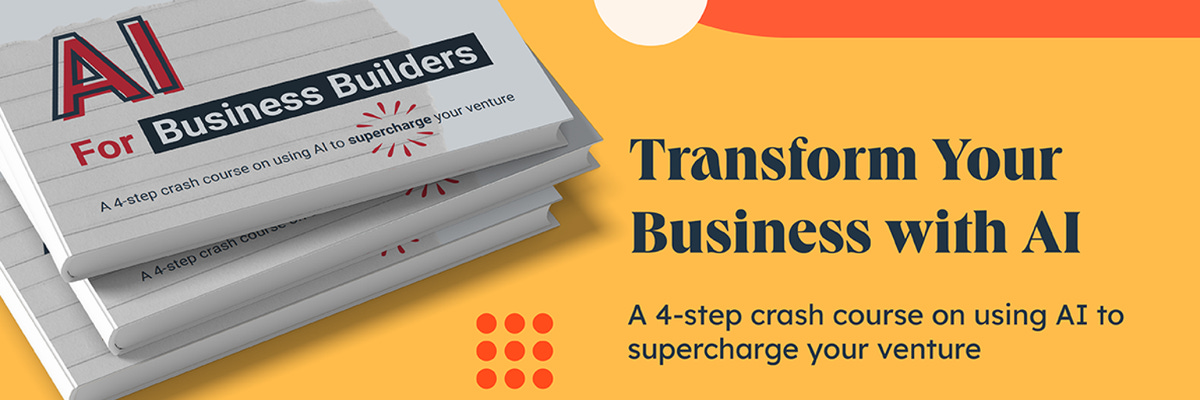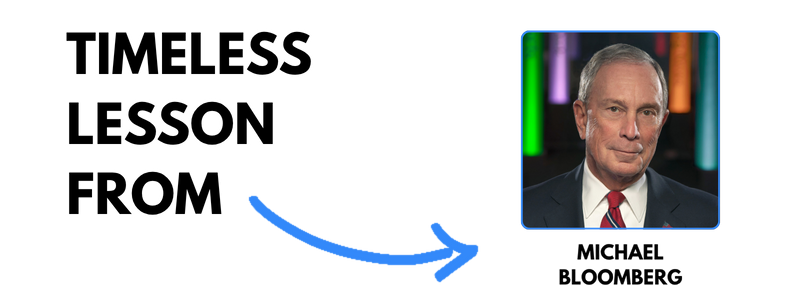Michael Bloomberg: Data, Dollars, and Discipline
The son of a bookkeeper, he grew up in a modest home, working his way through Johns Hopkins University before earning an MBA at Harvard Business School.
Michael Rubens Bloomberg was born on 14 February 1942 in Boston, Massachusetts. The son of a bookkeeper, he grew up in a modest home, working his way through Johns Hopkins University before earning an MBA at Harvard Business School. From the start, he combined ambition with a willingness to take risks.
Before we continue, a quick word from today’s sponsor:
Demystify AI for Your Business in Just 4 Steps
Overwhelmed by AI? HubSpot’s free guide cuts through the noise. Get the ultimate crash course for non-technical entrepreneurs who want to harness AI’s power—without getting lost in the jargon.
“AI for Business Builders” delivers:
A 4-part roadmap to AI mastery
Jargon-free explanations of large language models
Practical prompt engineering tips you can use today
Real-world examples of AI boosting businesses like yours
Arm yourself with the knowledge to make informed AI investments and skyrocket your startup’s growth.
Bloomberg began his career at Salomon Brothers in 1966, starting in an entry-level position and rising through the ranks to become a partner. But in 1981, after nearly 15 years at the firm, he was laid off when Salomon was acquired.
With his severance package, Bloomberg decided to build something new. He founded Innovative Market Systems, later renamed Bloomberg LP, to provide financial professionals with real-time market data and analytics. His insight was simple but powerful: traders needed not just raw numbers, but tools to interpret them quickly.
The Bloomberg Terminal became indispensable on Wall Street, and by the 1990s, his company dominated financial information services. Bloomberg LP expanded into news, television, and digital media, becoming a global powerhouse.
Bloomberg himself turned to public service, serving three terms as mayor of New York City from 2002 to 2013. He focused on rebuilding after 9/11, improving public health, and pushing for environmental sustainability. Though his later presidential bid fell short, his influence in politics and philanthropy continued.
Through Bloomberg Philanthropies, he has donated billions to causes ranging from climate change to gun safety to education, cementing his reputation as one of the world’s leading philanthropists.
Turn Setbacks Into Platforms
Bloomberg’s empire started with a firing. What looked like a career-ending setback became the push to build something greater. Instead of clinging to the past, he saw an unmet need and turned it into a billion-dollar platform.
His story reminds us that failure isn’t the opposite of success — it’s often the entry ticket. The door closing at Salomon Brothers forced him to open another one, this time on his own terms.
When circumstances push you out, use that momentum to step up. Setbacks don’t have to shrink you. They can become the platform you build on.
Until next time,
The Chronicler





